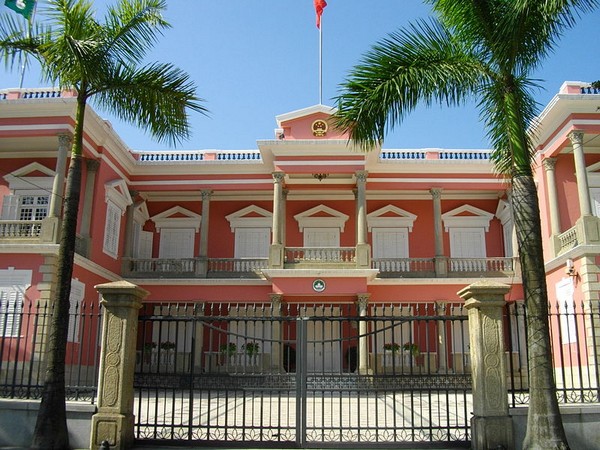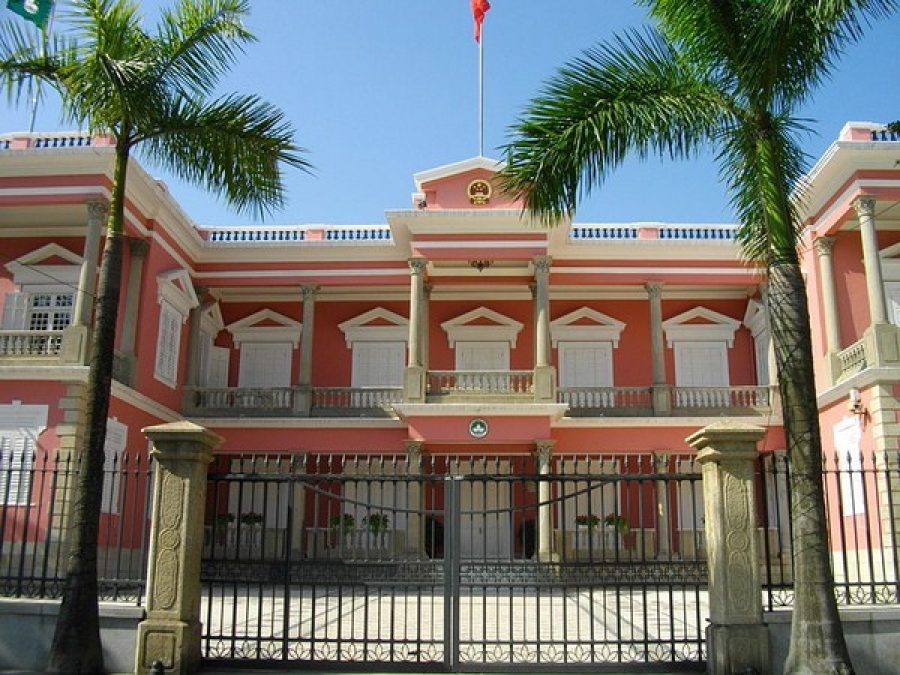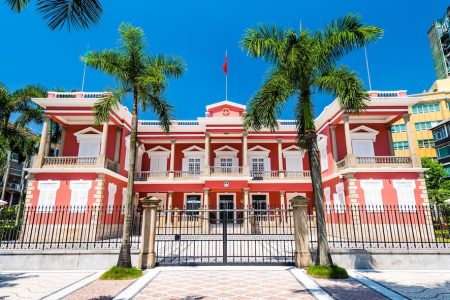A survey conducted by the University of Hong Kong (HKU) on December 1-2 shows that 61 percent of Macau residents aged 18 and over are in favour of the election of the chief executive by popular vote.
Among those who support electing the chief executive (CE) by universal suffrage, 73 percent said the public should have the right to nominate candidates for the city’s top job.
The survey’s results were announced Wednesday during a press conference at the New Macau Association (NMA) headquarters with Robert Chung Ting-yiu, director of the HKU Public Opinion Programme, delivering a message via a video link.
Chung said his team had questioned 506 individuals in the two-day period about their opinions on the election methods for the chief executive and Legislative Assembly (AL). While 61 percent of them said the chief executive should be elected by popular vote, 22 percent said they were neutral on the issue while 11 percent opposed universal suffrage for the chief executive election.
The 61 percent were then asked when the public should be able to cast their direct vote in the chief executive election. Some 67 percent said it should be in 2019, the next chief executive election, while 23 percent said it should be in 2024. The remainder either said 2029 or later, or were unsure when it should happen.
Meanwhile, the 11 percent who oppose universal suffrage for the chief executive election were asked why they are against it. Some 45 percent said they had no confidence in the local electorate, 27 percent said they wanted to maintain the current system and 15 percent said they preferred to keep the city’s political stability.
“It seems that corruption has been pinpointed by some respondents as an important factor affecting the Macau elections, so that may be one of the reasons,” said Chung. “I think that Macau society is very close-knit, so there are lots of considerations like personal connections, organisation networks and, of course, political pressure and constraints on their activities… these might have affected the respondents’ support or opposition to universal suffrage.”
Currently, the chief executive is elected by the 400 members of the Chief Executive Election Committee. The members of the committee are elected by local associations, apart from some ex-officio members.
The 506 respondents were also asked about their opinions on the Legislative Assembly elections. Some 71 percent said all 33 members should be directly elected by popular vote, 15 percent said they were neutral on the matter and 11 percent said they opposed changes to the current method of choosing the city’s lawmakers.
Of the 71 percent who support electing all legislators by popular vote, 68 percent said it should be done in the next election in 2017, 19 percent opted for 2021 and seven percent preferred 2015. The remainder were unsure.
Currently, 14 of Macau’s lawmakers are directly elected by popular vote, 12 are indirectly elected by association representatives and seven are appointed by the chief executive.(macaunews/macaupost)






